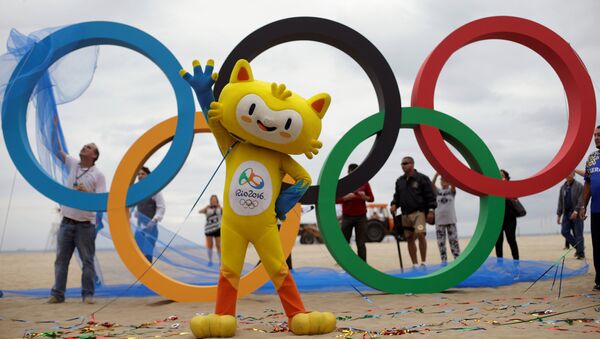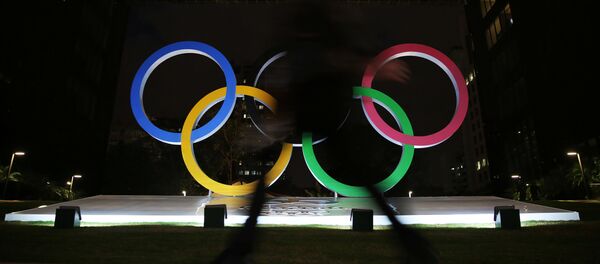However, this is not the first time that scandals have broken out in the Olympic games. Sputnik presents some of the most memorable and controversial cases in history.
1920 Summer Olympics in Antwerp
This was the first time the International Olympic Committee rejected the participation of several countries for political reasons.
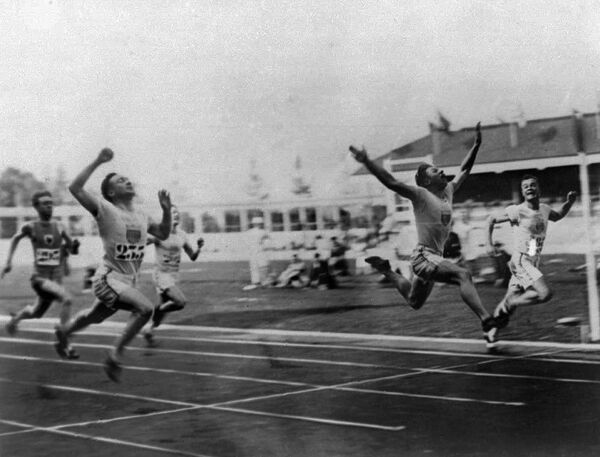
Germany, Austria, Hungary, Turkey and Bulgaria were suspended due to the outbreak of the First World War. In addition, the organizers did not invite athletes from the USSR, ignoring the new Soviet regime.
1936 Summer Olympics in Berlin
The IOC decided to give Germany the opportunity to return to the arena after the defeat in WW1.
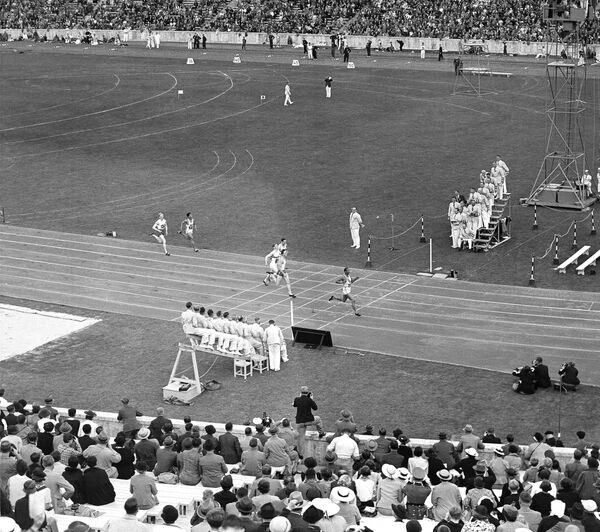
The calls for a boycott of the Games in the capital of the Third Reich remained unheeded. The plans of the opponents of Nazi Germany to host an alternative People’s Olympic Games in Barcelona failed as a civil war had broken out. The Spaniards missed the competition.
1948 Summer Olympics in London
Olympics of 1940 and 1944 did not take place as the Second World War was going on. After it ended, the IOC publicly apologized for cooperating with the Nazi leaders and selecting the capital of the Third Reich as the venue for the Olympic Games.
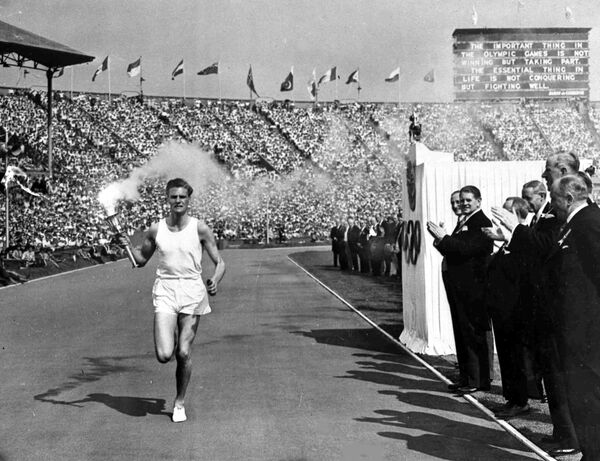
Germany and Japan, as the countries that unleashed the global conflict, were denied the right to participate in the games.
1956 Summer Olympics in Melbourne
Disengagement from the participation in the competition was massive and voluntary. Egypt boycotted the Franco-British-Israeli aggression during the Suez crisis. It was joined by Iraq, Lebanon and Cambodia.
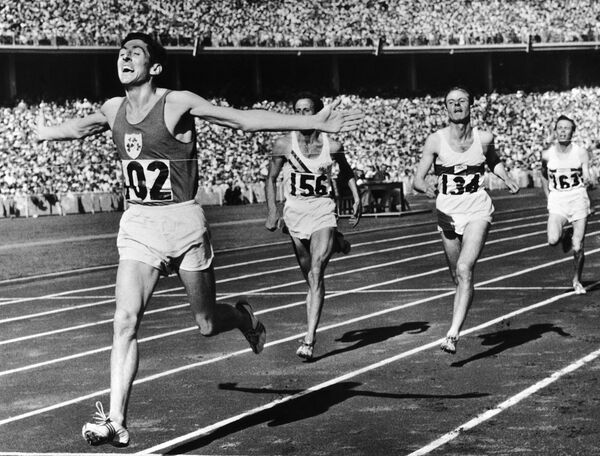
China opposed the invitation of Taiwan to the Olympics. The Netherlands, Spain and Switzerland expressed their protest against the suppression of the uprising in Hungary by the Soviet troops.
1972 Summer Olympics in Munich
Wishing to restore the image of a peaceful Germany, the authorities deliberately weakened the control of the Olympic Village.
This resulted in a terrorist attack in which Palestinian militants killed 11 Israeli team members.
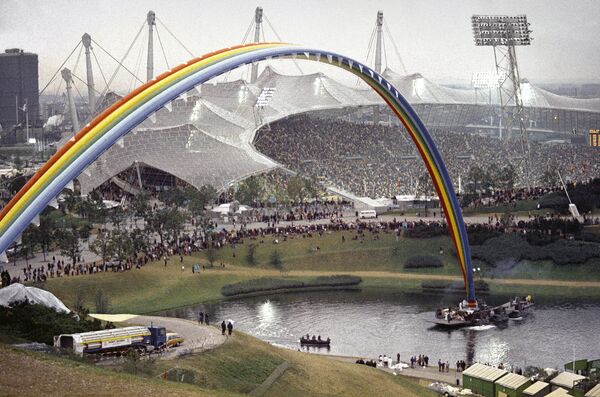
The IOC decided to continue with the games. In protest, the surviving team members left the Olympics and in fear of revenge the Egyptian delegation left Munich.
1980 Summer Olympics in Moscow
This was the first time in the history of the Olympic Games that they were held in Eastern Europe.
The United States boycotted the socialist country. The official reason was the Soviet involvement in Afghanistan but in fact, the boycott was a continuation of the “Cold War.”
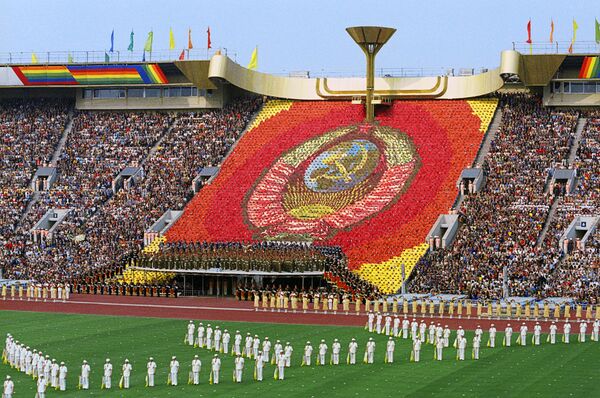
The US was formally supported by more than fifty countries, but, unlike the US, those countries did not ban their athletes from competing in Moscow.
1984 Summer Olympics in Los Angeles
The next Summer Olympics, which, ironically, was held in the United States, was boycotted by the USSR and all the socialist countries, with the exception of China, Romania and Yugoslavia.
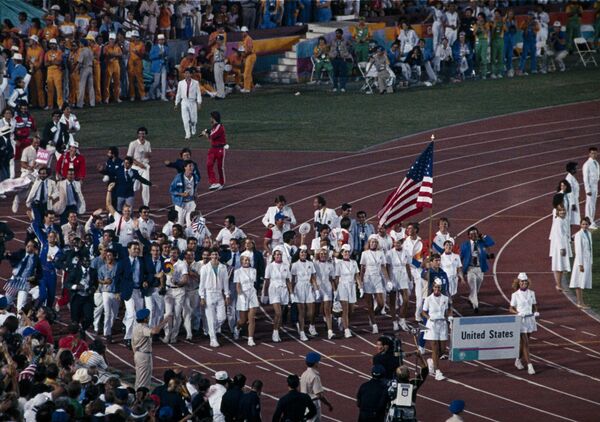
The official reason was the refusal of the organizers to guarantee security to the athletes, but there is little doubt that the boycott was a retort to the boycott of the Moscow Games earlier.
As a result, due to the lack of competition, the Americans set a record for the most gold medals.
1988 Summer Olympics in Seoul
The IOC rejected the proposal by South Korean authorities to transfer part of the Olympic events to the Democratic People's Republic of Korea (DPRK) in order to show the unity of the peninsula.
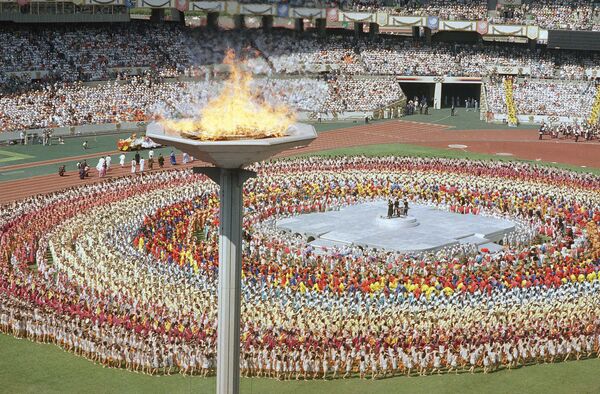
Pyongyang protested this decision and banned their athletes from participating in the Games. North Korea was supported by Albania, Cuba, Vietnam, Nicaragua, Seychelles and Ethiopia.

